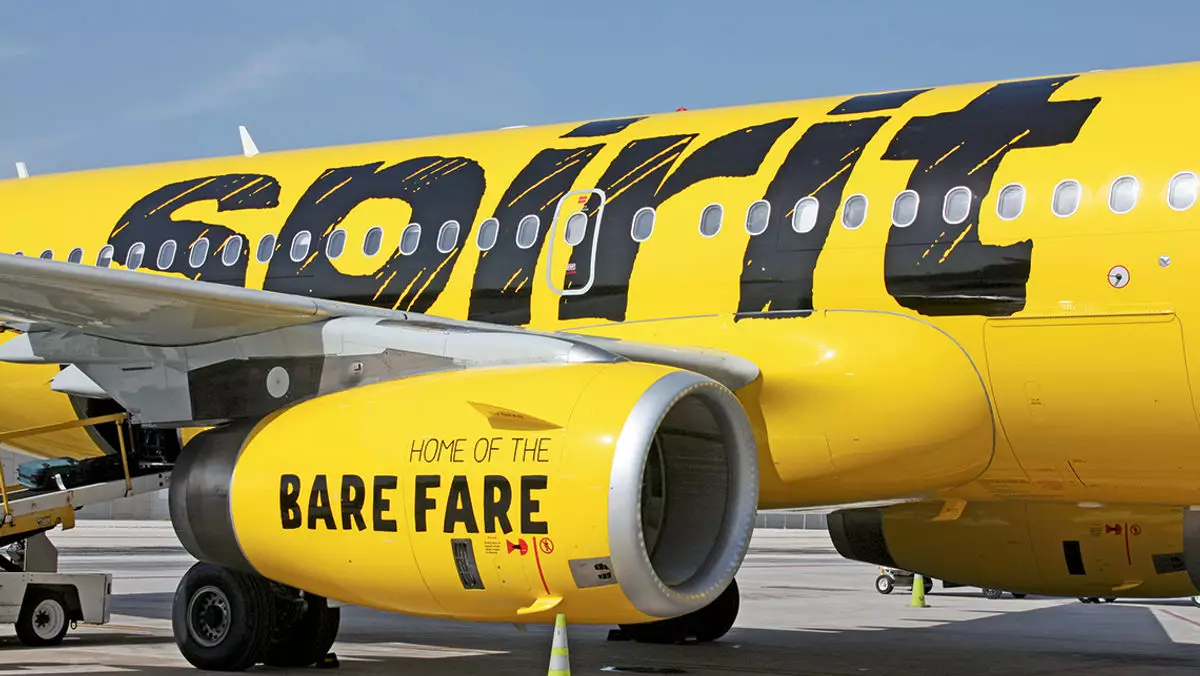The loyalty programs of the Big Four U.S. airlines – American, Delta, Southwest, and United – have come under scrutiny for potentially stifling competition in the aviation industry. During a joint DOT/Consumer Financial Protection Bureau hearing, discount airlines raised concerns about the impact of these loyalty programs on smaller and new players in the market. With the Big Four controlling approximately 80% of the domestic airline market, customers often feel compelled to stick to these airlines due to their dominance in certain cities. This leads to customers becoming hooked into loyalty programs, limiting their options and choices when it comes to choosing airlines to fly with.
Consolidation in the airline industry, coupled with the Big Four’s control of gate space and runway access at key airports, creates a feedback loop that makes it challenging for smaller carriers to compete effectively. The profitability of rewards programs enables larger airlines to offer tickets at lower prices, putting additional pressure on discount carriers. Executives from Allegiant and Breeze echoed these concerns, highlighting the strategies they have implemented to counter the advantages of the Big Four. Allegiant, for example, offers instant benefits to Allways Visa cardholders to entice customers entrenched in larger airline programs.
Consumer advocates, including Erin Witte from the Consumer Federation of America, supported the notion that major airlines leverage their market position to secure more favorable credit card terms from banks. This advantage can hinder competition in the industry, raising questions about the fairness and transparency of loyalty programs. The consideration of imposing new rules on rewards programs and enhancing enforcement of existing regulations is on the table for regulatory bodies.
While some argue that loyalty programs are not anticompetitive, others believe that the barriers created by the dominance of major airlines need to be addressed. Gary Leff, a rewards program expert, pointed out that offering an attractive program is feasible for any airline, though not every airline may execute it effectively. He used Spirit Airlines as an example of a smaller carrier that has successfully leveraged its loyalty program for financial gain. However, he noted that Spirit’s program has limitations compared to those of larger carriers like Delta, Southwest, and United.
The discussion also touched on the importance of growing smaller airlines and enhancing their relevance in key markets to increase the value of their loyalty programs. By focusing on expanding their operations and improving their offerings, smaller carriers can position themselves as viable alternatives to the Big Four. This growth can lead to a more competitive landscape in the airline industry, benefiting consumers and fostering innovation.
The debate surrounding the impact of loyalty programs on competition in the airline industry is complex. While major airlines may have certain advantages due to their market dominance, there are opportunities for smaller carriers to challenge the status quo and carve out a niche for themselves. By focusing on transparency, fairness, and innovation, airlines of all sizes can create loyalty programs that truly benefit customers and promote healthy competition in the market.

